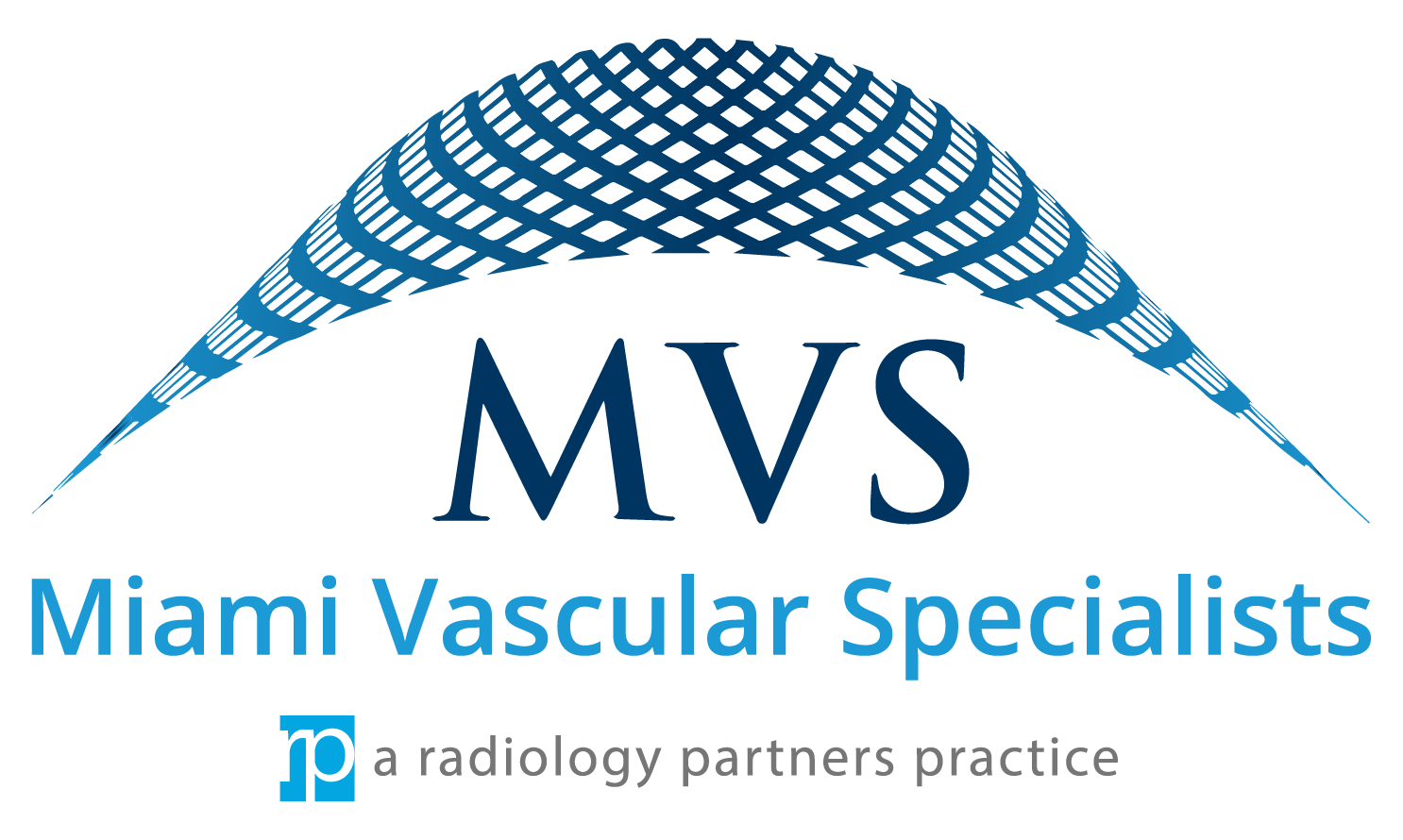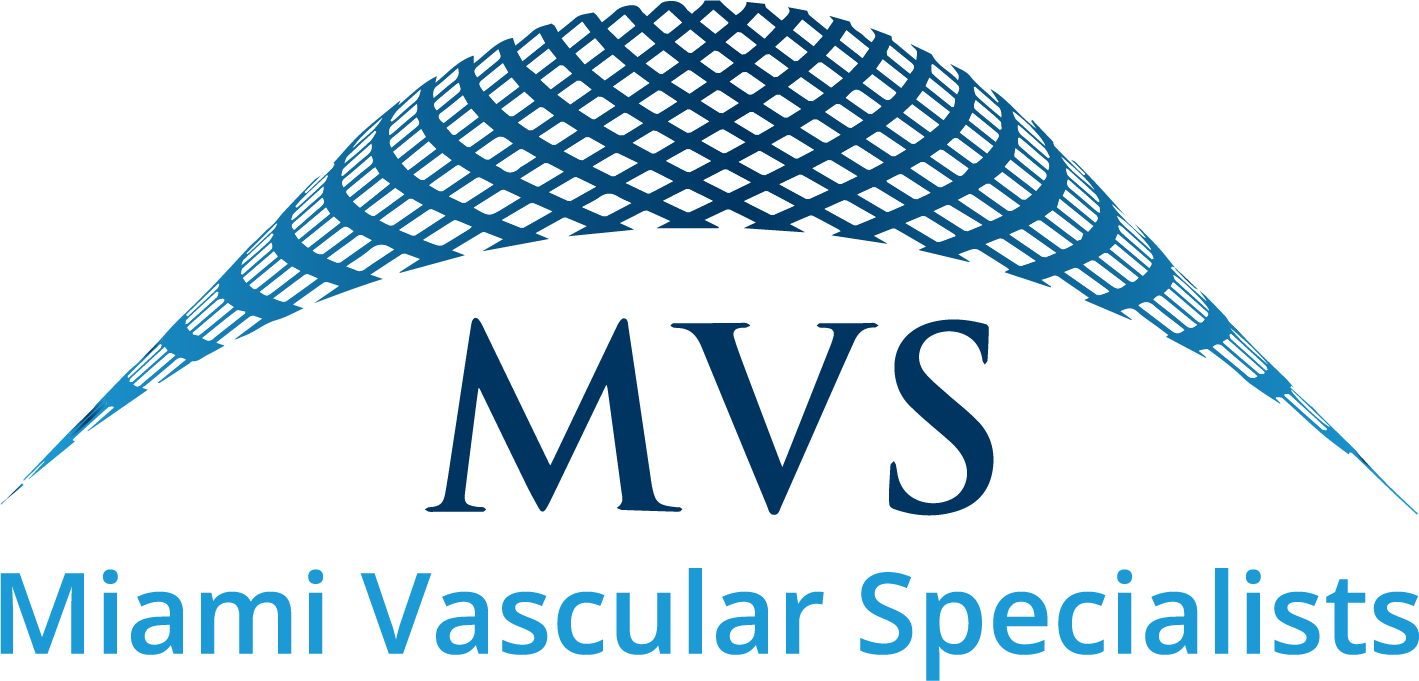Curriculum
Interventional Radiology IR Independent Residency: Miami Vascular
Morning – Cases and Morning Rounds
8:00 a.m. – First Cases/Minor Procedures
8:30 a.m. – Patient Saftey & Case Conference
9:15 a.m.– Daily Cases (Biopsies/Drainages, Diagnostic & Interventional Cases, Vascular & Nonvascular), Image Interpretation (CTA & MRA), Noninvasive Vascular Laboratory Interpretation (Carotid, Peripheral Arterial & Venous)
11:00 a.m. – 12:00 noon – Daily one-hour teaching (one-on-one) – Non-invasive interpretation with PVL Technical Director
Afternoon – Rounds and Patient Workups, Conferences, and Diagnostic and Interventional Cases
Current 5-Resident Rotation
- Works in rooms with 1st choice of cases
- Works up patients and sees consults
- Biopsies and drainages with image guidance
- Works up patients and see consults
- 2nd choice in rooms
- Works up cases and see consults
- On Call
- On call – Call taken from home by pager (no in-house call)
- Sees some consults, especially same day consults
- Does office hours at Miami Vascular Clinic with IR physicians
- Rotates on Friday to surgical office for minimum of half day to:
- Do venous insufficiency procedures
- See patients with vascular surgery physicians
- During non-office time, reads non-invasive specifically related to office patients
- Works on scholarly activity projects with research scholar
Noninvasive Reading Requirements
- Read all arterial and venous studies every third week
- Read all consult exams every day
- Read CT/MRA daily
Teaching File
The vascular and interventional section has the complete set of teaching materials from the Society of Interventional Radiology (SIR), including the syllabi and the interactive video and learning material. In addition to these materials, there are numerous educational videos, including case demonstrations and outstanding lecture materials from over 30 years’ worth of International Symposia. In addition to these educational videos, there are videos from the American College of Cardiology (ACC), American Heart Association (AHA), and Radiological Society of North America (RSNA).


